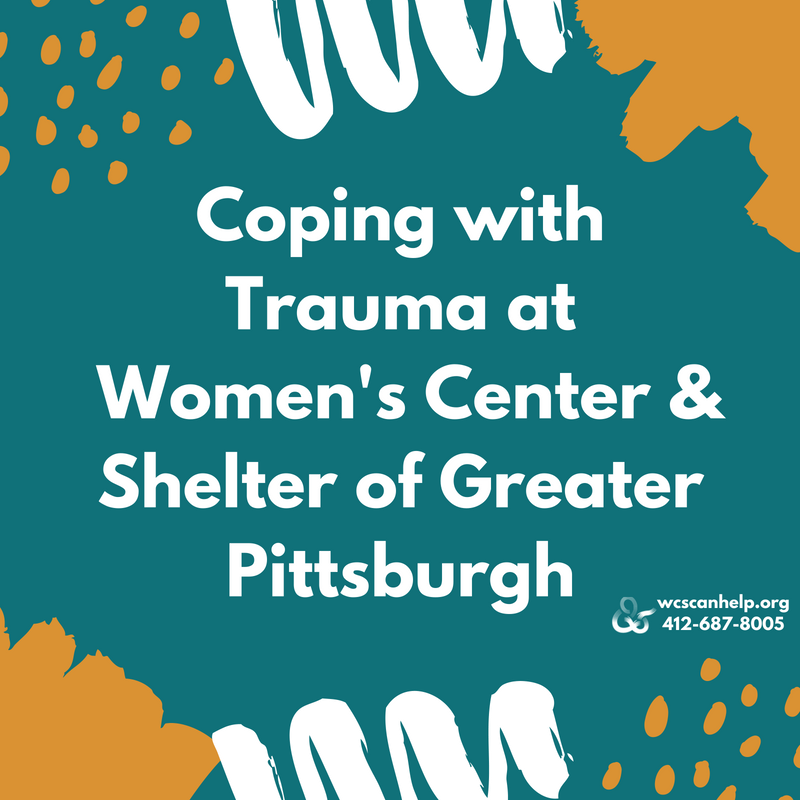It takes you about one minute to make your bed in the morning. During this minute and while preparing for the day, about 20 people in the United States are abused by an intimate partner. Those that are abused by an intimate partner are also survivors of trauma. Trauma can have negative long-term mental and physical health effects, so it’s important that trauma survivors cope with trauma in a safe way to live a healthy life after the abuse. It’s also important that these brave women and children have a variety of ways of way to cope with the trauma.
What is trauma?
Trauma is a psychological response to an event or an experience that is deeply distressing. Trauma can refer to a range of experiences, from an injury at a sporting event, to something more extreme, like torture or rape. It’s important to know that trauma is subjective, so something you consider trauma, your friend may not, and vice versa. Everyone also handles trauma differently, so coping with trauma looks different for everyone!
Women’s Center & Shelter offers both support groups and individualized therapy for intimate partner violence survivors. In the support groups, our therapists work with the “S.E.L.F.” model:
- Safety – creating a space safe from physical, emotional and moral abuse
- Emotions – how feelings such as fear, sadness and anger teach us about ourselves, as well as how to manage feelings in a healthy way
- Loss – understanding and feeling grief as it relates to domestic violence and trauma
- Future – exploring what life might look like after a personal history of abuse and trauma
We have support groups for women who are in “crisis” (abuse happened less than a year ago) and for those whose are no longer in crisis. For women who feel unconformable in the support groups, we also offer individualized therapy.
 What about other ways to cope with trauma?
What about other ways to cope with trauma?
As mentioned previously, coping with trauma looks different for everyone! Sometimes, it’s difficult for our residents to talk about trauma, so we also provide other healthy and safe ways for women and their children to cope. Some of the more fun and creative ways to cope with trauma that we offer include:
Exercise Trauma can lower your energy and decrease your focus, but exercise can reduce fatigue and increase concentration. Not to mention it’s great for your body and physical health as well! When we renovated our shelter, we designed the perimeter of the rooms to be a walking trail known as a “meditative path.” Now residents can still exercise if it’s cold or rainy!
Dance & Yoga Trauma can impact your body’s stress, and working through the physiological layers of your body can release stress emotions in a way that’s safe and healthy. Dance and yoga provide the same benefits mentioned above for exercise also! We work with volunteers to hold informed yoga and Zumba sessions for the residents so they can work through trauma in a productive way.
Expressive Art Our brains store our memories and we can process and heal trauma by invoking these memories through art. With expressive art, the process is emphasized more than the final product (much like what the focus of your journey healing from trauma should be!). You don’t need to have any artistic talent, just a willingness to cope with your trauma. We have volunteer art therapists that hold expressive art sessions with resident and nonresident clients both adults and children, doing crafts such as finger painting and mask making!
Music Music can help with anxiety, alleviate depression, and enhance your physical well-being. Music can also help make it easier to express your feelings in a creative and individualized way. We have a musical therapist who visits every other week to help women and children work through trauma with the assistance of the universal language of music.
Think you’re in an abusive relationship and in need help? Call us today at 412-687-8005 to learn about our services. Abuse is NOT love.




